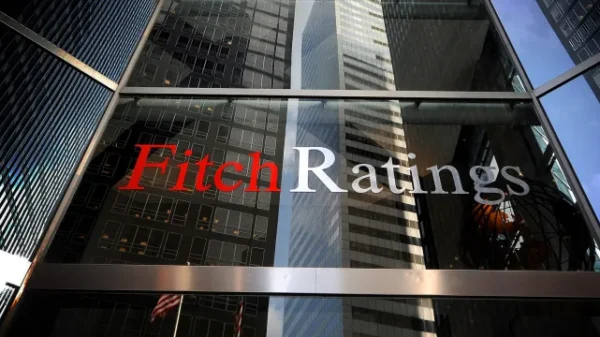India has ended direct presidential rule in Jammu and Kashmir ahead of the establishment of a newly elected government. A notification signed by President Droupadi Murmu on Monday stated that the order, originally dated October 31, 2019, concerning India-administered Jammu and Kashmir, is immediately revoked as the region prepares to appoint a chief minister.
This decision follows last week’s election, in which an alliance between Jammu and Kashmir’s oldest political party and India’s Congress secured a majority. Concluding on October 1, the election marks the return of a representative government to India-administered Kashmir for the first time in six years.
Between 2018 and August 5, 2019, the region was directly governed by New Delhi through an appointed governor. Afterward, Jammu and Kashmir were designated a union territory under a lieutenant governor’s authority.
In the recent election, the National Conference-Congress alliance won 48 seats in the 90-member assembly, setting the stage for a new government in the disputed Muslim-majority region. The National Conference emerged as the largest party, securing 42 seats, while Congress obtained six seats.
Although the elections will transfer some authority to the local assembly, Jammu and Kashmir will remain a union territory under India’s federal oversight, with the Indian parliament retaining legislative supremacy.
India’s Bharatiya Janata Party (BJP), which views the 2019 abrogation of the region’s autonomy as a significant achievement, won 29 seats, predominantly in Hindu-majority Jammu, but did not secure any seats in Kashmir.










